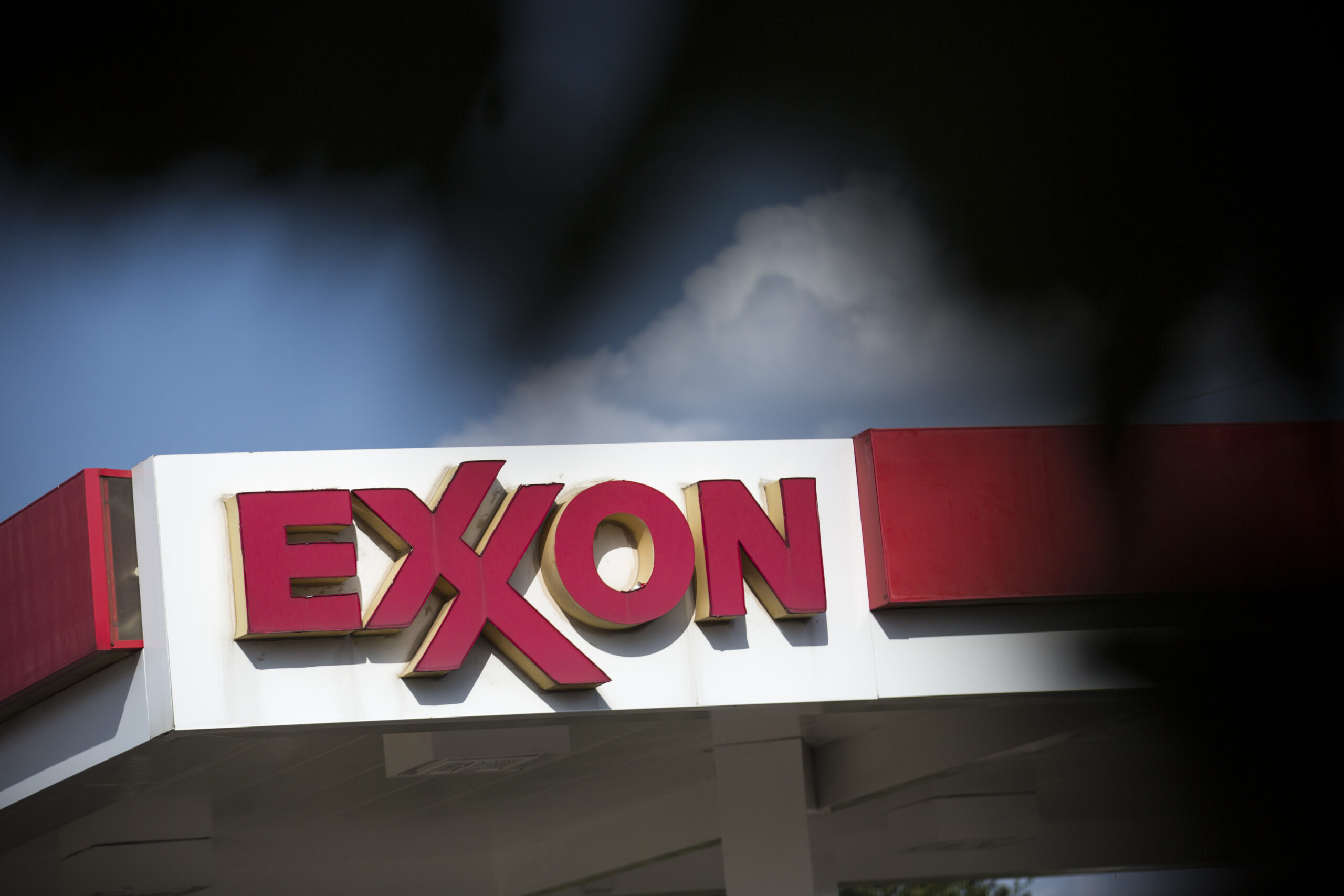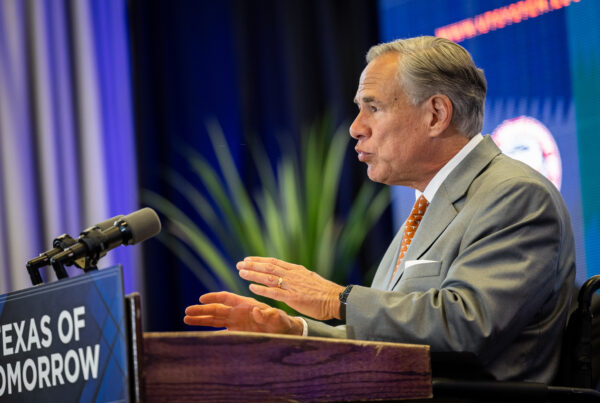Gas prices today are sitting at about $3.19 in the Permian Basin, $3.20 in the energy capital of the world in Houston, and $3.36 in Dallas.
Just northwest of Dallas sits Irving, home of the former headquarters of Pioneer Natural Resources. Navigate over to the Pioneer website, and there’s a bright red banner at the top that reminds you it’s now part of ExxonMobil.
That merger was completed less than a week ago, and with it came news that the former CEO of Pioneer would not be permitted to sit on the combined company’s board.
At issue is an alleged oil price fixing scandal that at least one political commentator calculated cost the average American family about $3,000 in 2021. After all, when oil goes up, it’s not just gas prices that follow.
At the center of the scandal and the board ban is longtime Texas oil executive Scott Sheffield. While exploring Pioneer’s merger with ExxonMobil, the Federal Trade Commission uncovered what Fortune categorized as reams of messages between him and OPEC leaders, one saying, “If Texas leads the way, maybe we can get OPEC to cut production.”
Myles McCormick, a Houston-based energy reporter for the Financial Times, said part of what makes this story so interesting is that OPEC and Texas oil producers are not usually on the same team.
“Last October there was this announcement of this mega-merger between Exonn and Pioneer — $60 billion, biggest since Exxon merged with Mobil to create the biggest western oil producer,” McCormick said. “So there was a lot of attention on what the FTC was going to do. Where are they going to kind of weigh in and seek to block the deal, as they have done with other deals recently?
So all eyes in the industry were on what they were going to do with this deal. And as it turns out, they didn’t seek to block it. They greenlit it. But they took this highly unusual step of blocking Scott Sheffield from the board of Exxon on the basis that he had sought to collude with OPEC to elevate oil prices.”
McCormick said the significance of this move by the FTC depends on who you talk to.
“Many people that I’ve spoken to in the oil patch feel that this was in some ways a politically motivated need,” he said. “The FTC didn’t want to be seen in an election year as greenlighting a big oil mega-merger so needed to be seen to be doing something, and this was one way they thought they could frustrate the deal without blocking it outright.”
Others, however, were frustrated by the revelations from the FTC.
“The allegations against him center around actions he took in 2020, which was when the COVID pandemic had crushed oil prices and sent them negative,” McCormick said. “There was risk of bankruptcy for a lot of oil producers. So there were a lot of conversations going on generally as to how to kind of help the recovery in oil prices. And it’s Sheffield’s correspondence around that that seems to have stung him.”
It is unclear if further action could be taken against Sheffield for the alleged collusion, McCormick said.
“This is what the chatter in the industry is at the moment. There’s speculation as to whether there could be further proceedings taken against Scott Sheffield, criminal or otherwise, and what it might mean for other deals that are in the works,” he said.
“There’s $100 billion worth of other oil mergers waiting to go through. And this could in some ways have a chilling effect on further [mergers and acquisitions] M&A in the oil patch, because executives might kind of think, ‘well, I want to do a deal, but I don’t want to have the FTC trawling through all my correspondence over the last however many years.’”
Despite the impact that inflation and rising gas prices have on people’s everyday lives, McCormick said he’s not surprised this news hasn’t been a bigger story.
“I suppose the reason for that is that there’s so many factors driving the price of oil. It’s hard to pin elevated oil prices on one person,” he said. “And the FTC made this clear in their complaint, that they were more alleging that Sheffield had attempted to elevate prices, rather than that he had actually been successful.
Because fundamentally, price at the pump is driven by the price of crude, and the price of crude is driven by fundamental supply and demand factors, i.e., demand how well big economies around the world are doing, and supply, which includes factors like how much oil is being put in the market.”















